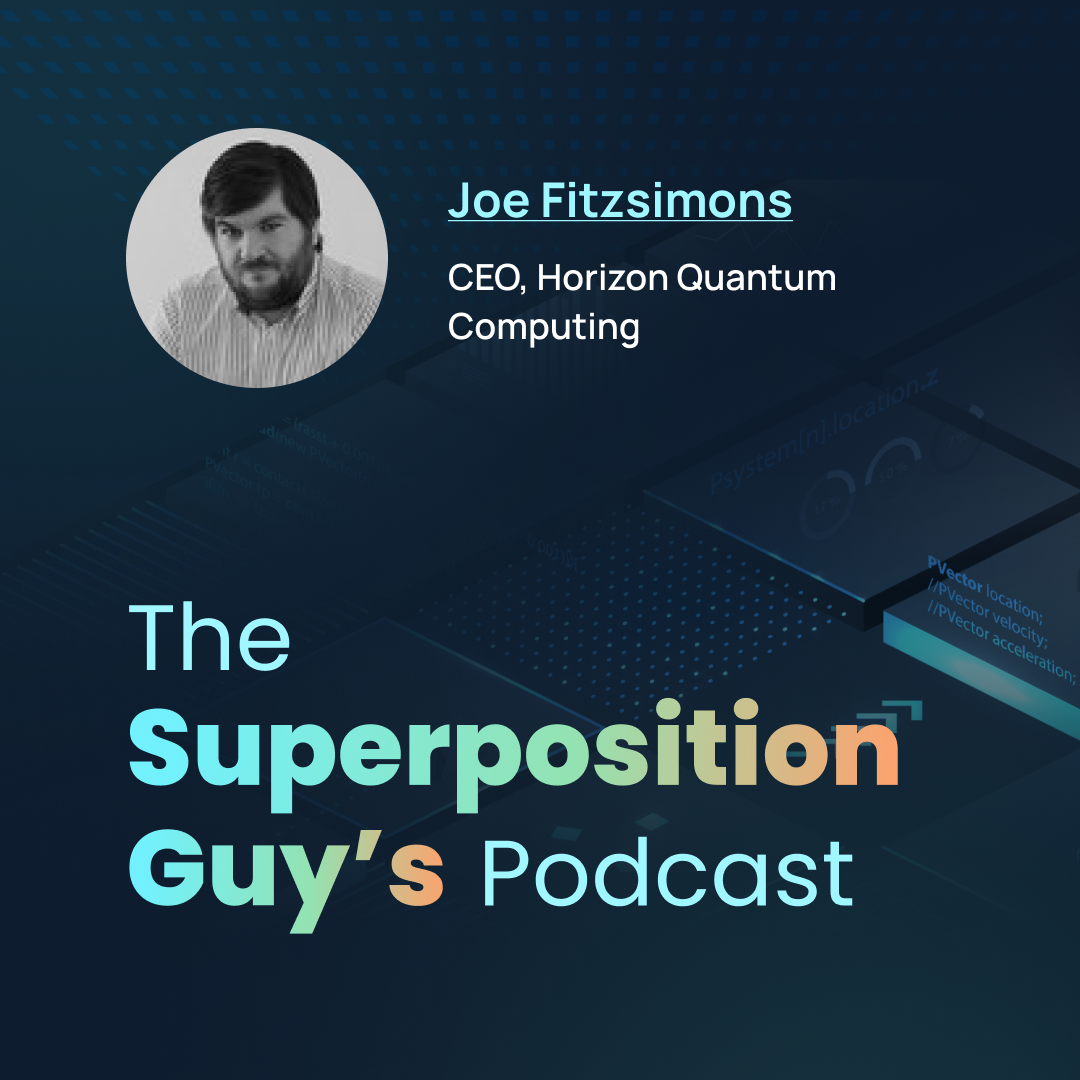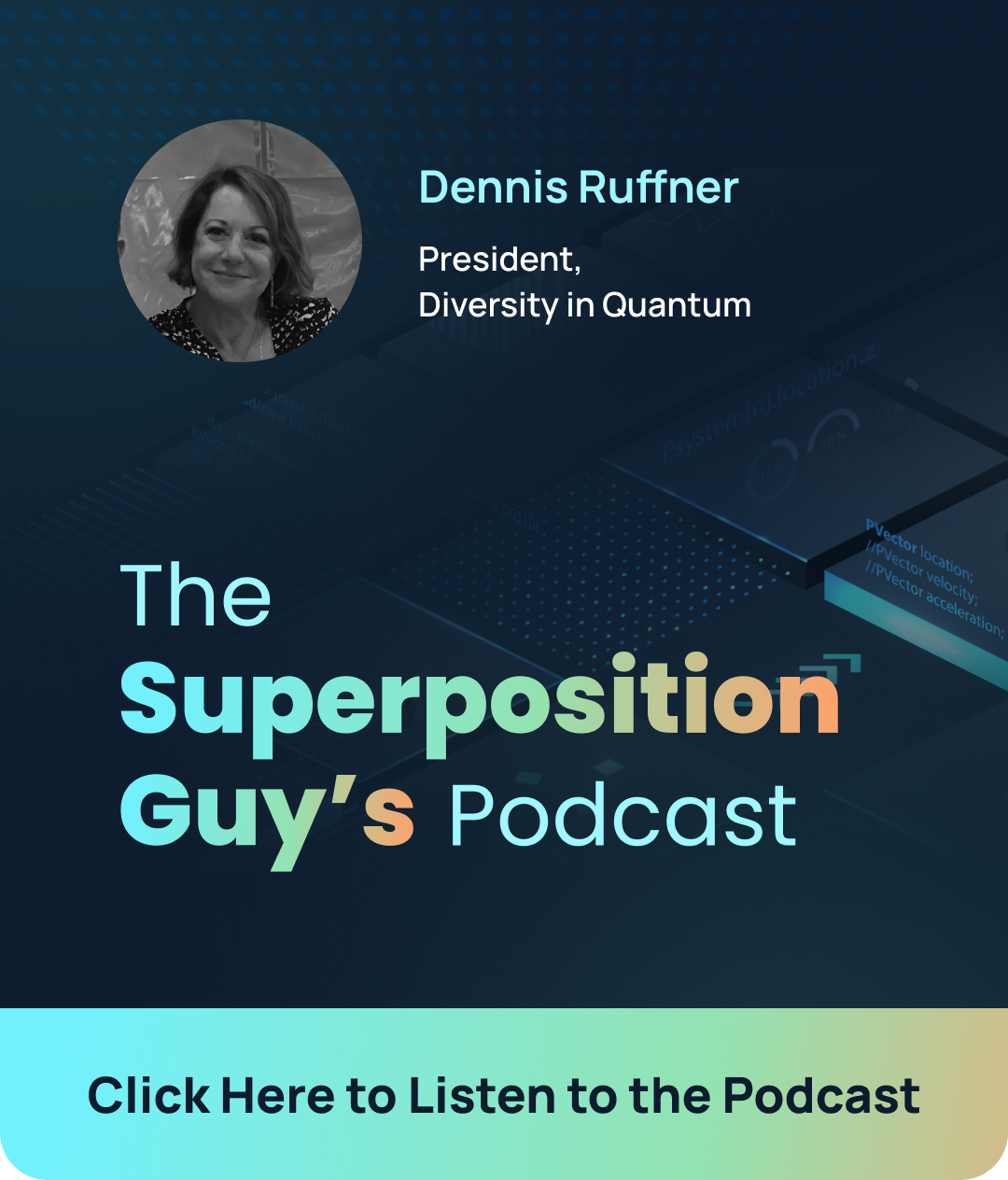QuantrolOx Releases Their First Product, Quantum Edge
dougfinke2024-12-28T14:42:13-08:00QuantrolOx has released Quantum Edge Asparagus, a software platform that provides automated qubit control for automating the tuning and calibration of quantum computers. As quantum hardware developers continue to scale up the number of qubits in their machine, it becomes increasingly impractical to have engineers manually calibrate and tune-up the machine because the complexity of the task increases exponentially with the number of qubits. The Quantum Edge software currently interfaces with control electronics from Qblox and Quantum Machines with plans to support additional control electronics providers in the future. Key functions provided by the software include QPU Monitoring, Automation Workflows, and [...]


